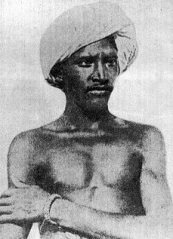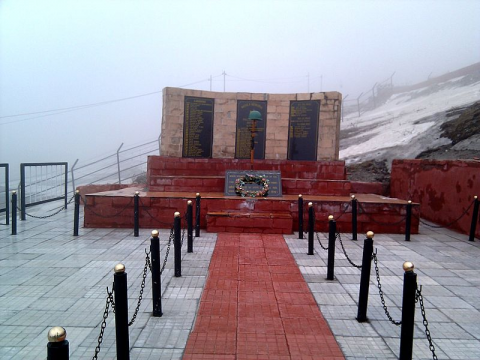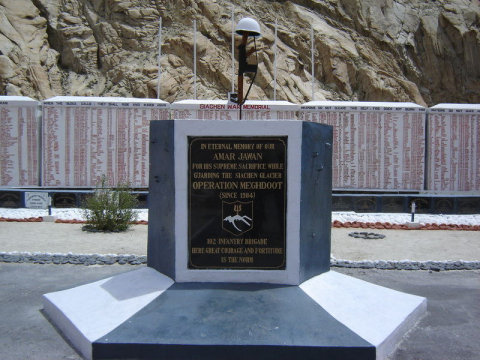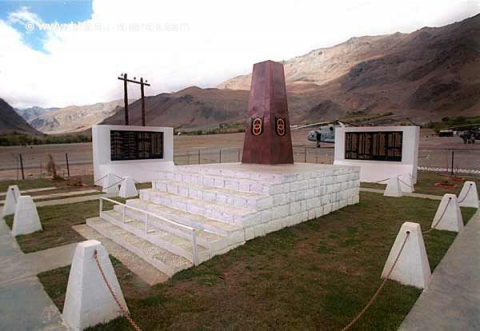Chotanagpur uprising
 The Chotanagpur region is the adivasi dominated plateau in eastern India, which covers much of Jharkhand as well as adjacent parts of Odisha, West Bengal, Bihar and Chhattisgarh.
The Chotanagpur region is the adivasi dominated plateau in eastern India, which covers much of Jharkhand as well as adjacent parts of Odisha, West Bengal, Bihar and Chhattisgarh.
 The Chotanagpur region is the adivasi dominated plateau in eastern India, which covers much of Jharkhand as well as adjacent parts of Odisha, West Bengal, Bihar and Chhattisgarh.
The Chotanagpur region is the adivasi dominated plateau in eastern India, which covers much of Jharkhand as well as adjacent parts of Odisha, West Bengal, Bihar and Chhattisgarh.
Dashrath Manjhi was born into a poor labourer family in Gahlour village near Gaya in Bihar, India.He is also known as Mountain Man. Manjhi's wife, Falguni Devi, died due to lack of medical treatment because the nearest town with a doctor was 70 kilometres away from their village in Bihar, India.
High dose of human recombinant erythropoietin two days pre-op benefits cardiac surgery patients
WEDNESDAY, May 8 (HealthDay News) -- A single high dose of human recombinant erythropoietin (HRE) administered two days before cardiac surgery is associated with reduced need for transfused blood, according to a study presented at the annual meeting of the American Association for Thoracic Surgery, held from May 4 to 8 in Minneapolis.
Recently doctors in Chennai have successfully transplanted a child with cancer from his mother's stem cells in the first Haploidentical transplant of the country. This news definitely brings cheers to the numerous families who are suffering from one or the other disorder that can be cured only by transplants. In India, it is extremely difficult to find a donor for a person who needs a transplant because of the very limited number of people who have enrolled so far in bone marrow registries.
Vikram is the first ever recipient of Haploidentical transplant in the country
When a 10-year-old has cancer, the boy’s family and doctors obviously have to do everything under the sun to find a cure for him. That is what parents and doctors of Vikram (name changed) of Madurai did. The hunt was on to find a 100 per cent matching donor, and when that failed, they found one that was a half match.
Vikram got a bone marrow transplant with a 50 per cent match from his mother. He survives to tell the tale today, speaking over a surgical mask.
The fact that there is shortage of blood during summers is well established. Year after year scores of blood bankers complain about the lack of blood donation drives during the months of April-June. How can this trend be changed? Offering incentives to people if they donate blood?
Sankalp India Foundation did not take roots in a personal tragedy. It was not like someone faced an intense situation on a particular occasion and decided to do something. Sankalp was born as a result of the massive unrest that resides in us. The unrest which arises from the state of things around us. When we see the way the world works around us, with all it's imperfections, prejudice, injustice, corruption and so on, we do tend to get agitated. There is a small rebel inside us which wants a change.
At a time when the threat of another severe drought and another spate of tragedies striking the lives of farmers looms large, here comes the story of few farmers who refuse to stay down. They have chosen to fight back and have surprised the world. Here are 3 such farmers

INDIAN WAR MEMORIAL
Nathu La, Sikkim
1962 China War and 1967 Nathuka skirmish

OPERATION MEGHDOOT WAR MEMORIAL
Siachen, J&K
“When you go home tell them of us and say for your tomorrow we gave our today”

The innate selflessness of the voluntary blood donation is intriguing.
It takes some guts to turn an adversity into an opportunity. Come difficulty, many people get it into a shell. They sympathize with themselves, complain against establishments and expect sympathy, care and concern from others. A few of them, face the difficulty and do all it takes to lead a normal life. Stories of physically challenged sports persons and individuals are examples. However, there are people with enough mental power to look around and realize that there maybe many more like them. They have the strength and courage to think of a change.